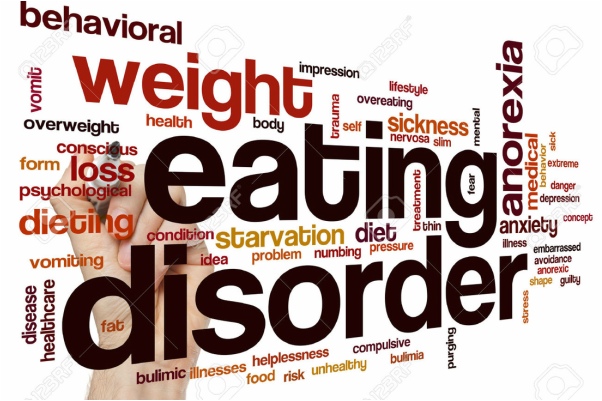|
As a psychologist specializing in eating disorders, one of the most common questions I hear from my patients and their loved ones is: What is an eating disorder exactly? The simplest answer I can offer is a person suffering from eating disorder is someone who has a genetic predisposition to eating too little, eating too much, and/or vomiting their food after eating. These behaviors are not intentional or an act of rebellion. As a matter of fact, the vast majority of my patients report feeling tremendous shame and guilt over their behaviors and the challenges they experience trying to eat normally. There are also environmental factors that exacerbate patients’ eating disorder symptoms such as perfectionism and common misunderstandings of their disease. A person with an eating disorder often feels alone, judged, and fearful over a loss of control. Most patients state that they feel they are “not good enough” and suffer from body image issues and self-esteem deficits. It is not uncommon for family members and loved ones to feel lost and confused with how to help. It is valuable to note that eating disorders is not a newly discovered disease as there have been documented cases that date back as far as the 12th century (Deans, 2011). However, the scientific study of Anorexia Nervosa, Bulimia Nervosa, Binge Eating disorder, and other eating disorders symptoms really began to flourish in the early 1970s with studies focusing on the neurobiological aspects of eating disorders. While it is more common for women to have an eating disorder, we are seeing an increase of men with eating disorders and seeking treatment. Warning signs often consist of mood shifts including irritability, depression, and anxiety especially around food, and social withdrawal. If you or a loved one is suffering from these symptoms, please feel free to contact me or a mental health professional in your community for assistance and an evaluation.
4 Comments
|
AuthorMichelle M. Carcel, Psy.D. ArchivesCategories |

 RSS Feed
RSS Feed